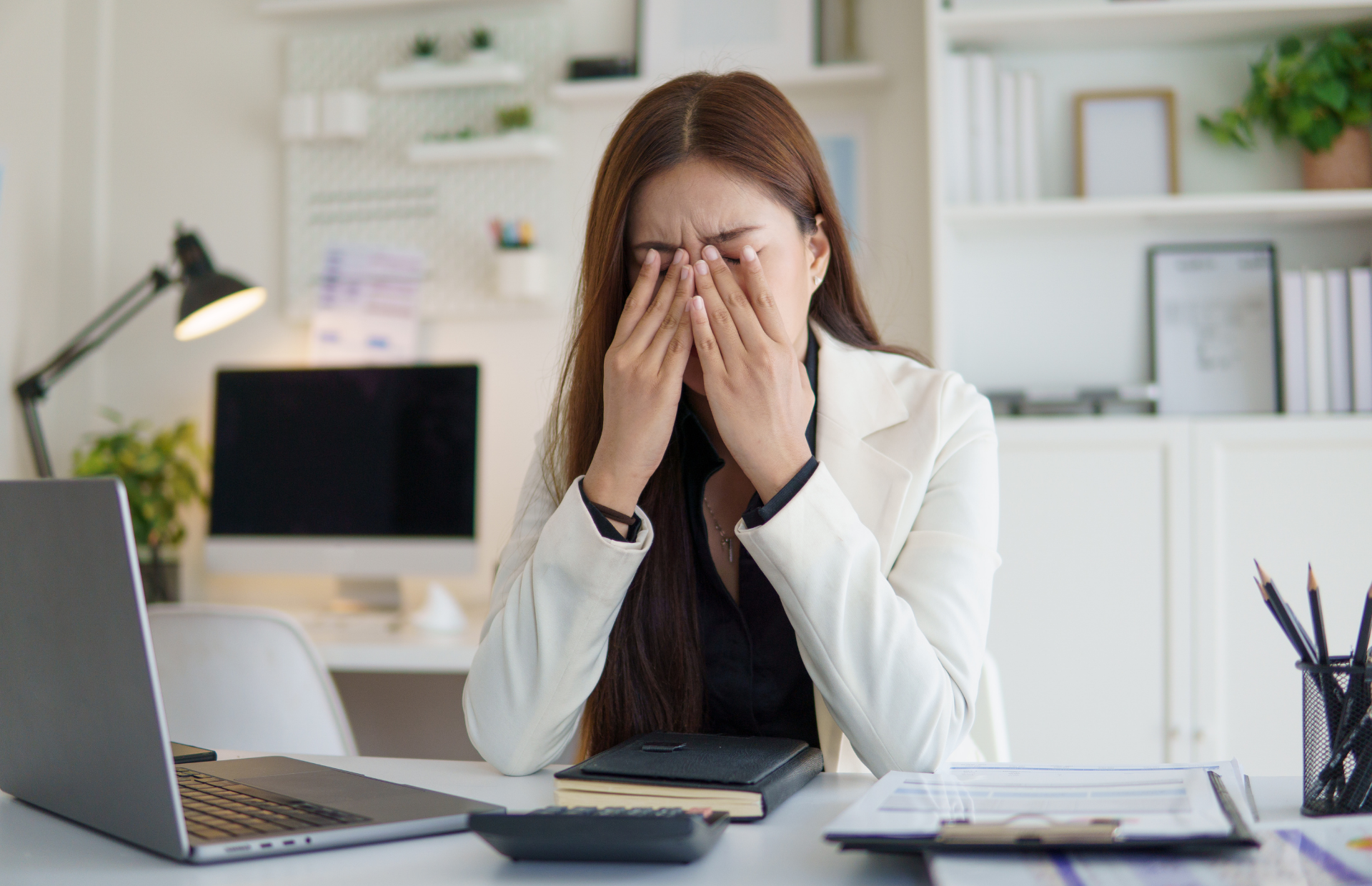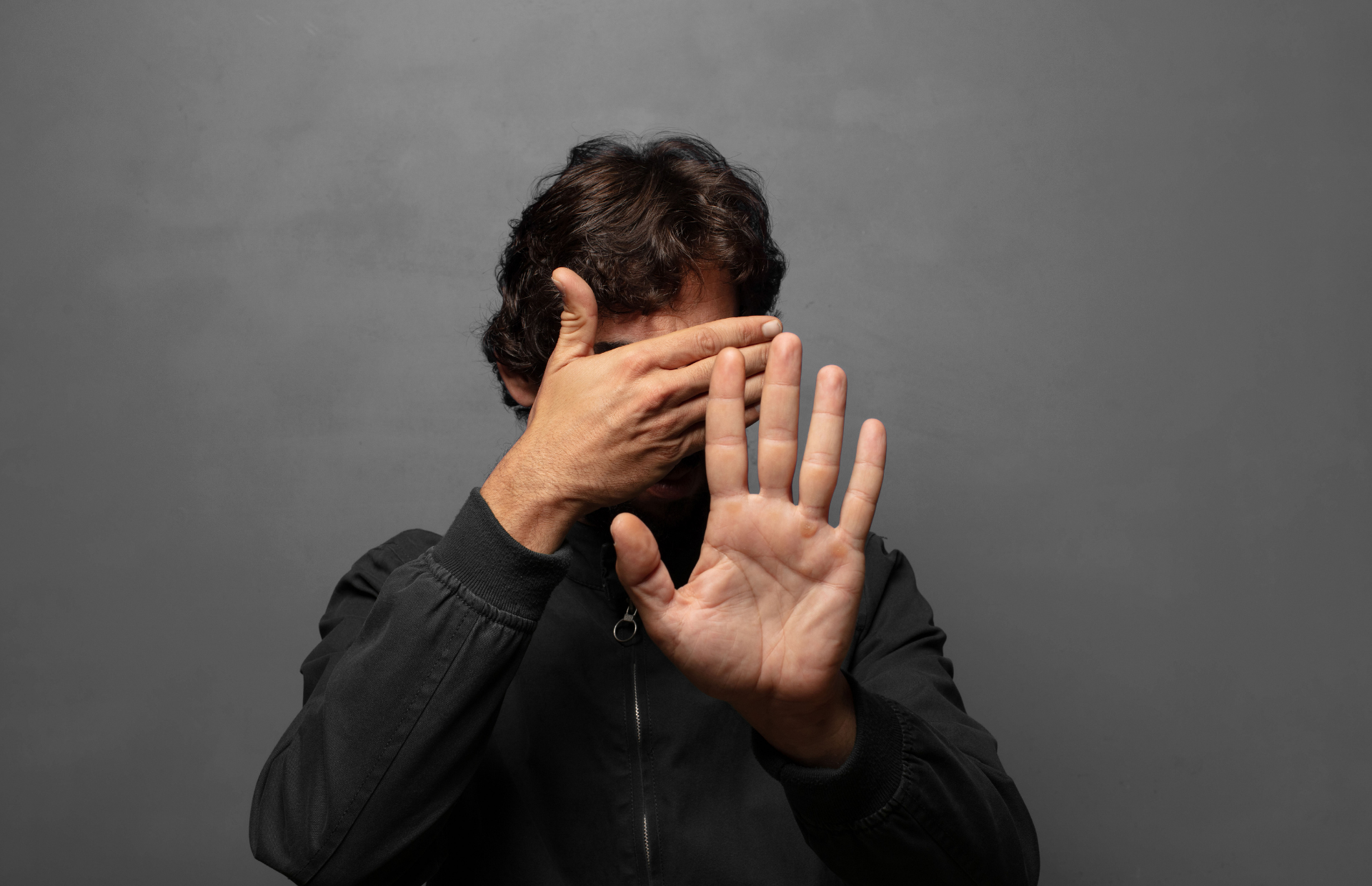Keys for Managing Stress in a Digital World
The rise of technology has led to a fast-paced life where instant gratification is prevalent and it’s easier than ever to engage with friends, family, and even strangers. But while technology has brought many benefits, from facilitating online learning to allowing for remote work opportunities, it’s also contributed to the stress that we experience.
Among those who experience the highest degree of digital-generated stress are Millennials and Generation Z individuals. Because these populations have grown up using social media and are highly involved in technology and its evolving platforms, they’re also exposed to some of the downsides of the digital world more often than other populations. With this increased stress, it’s even more important that Generation Z and Millennials learn how to effectively manage their stress in this digital world.
How the Digital World Is Creating Stress
Millennials and Gen Z are very different from previous generations, especially when it comes to the digital world. Both generations establish connections to the world through technology, turning to digital technology for social engagement and entertainment.
While both of these generations heavily use social media, Gen Z was introduced to social media at a younger age and they use these digital platforms more. The problem with this is that social media can create isolation. In fact, a study that focused on 19- to 32-year-olds identified a strong connection between social media use and perceived social isolation; with the increased use of social media platforms, study participants noted that their feelings of social isolation increased, as well. There may be many reasons for this, and the full effects of social media aren’t yet fully understood. In some cases, social media interactions may be taking the place of real face-to-face interactions and eroding social relationships. Social media can also create an unrealistic portrayal of people’s lives, so others may feel that their own lives fall short in comparison.
This all amounts to increased stress. Social media can cause stress when users feel pressured to keep up with current trends or create their feeds to gain attention and admiration from other users. Social media can also create a fear of missing out, and that fear can be validated when other users post photos of parties, events, or outings that others weren’t invited to. Because social media is constantly “on,” there’s pressure to stay constantly connected and promptly respond to messages and comments.
There are perks to the digital world and social media, but good stress management techniques are even more important in navigating this world.
Share this post
Limit Digital Interaction
One of the best stress management techniques is to identify the source of your stress and then limit the power it has over you. In the case of the digital world, stress is often generated by spending time on social media. The solution is to take a step back.
Making efforts to limit social media use can help you to gain distance from the platforms for a sort of reality check. Set yourself a time limit for social media use per day, and set a timer if needed to ensure you stick to those guidelines. It can also help to turn off push notifications to your phone so your non-social-media time is truly uninterrupted.
Restructuring your social media profiles can also help. If you’re currently following anyone and everyone, your feed is bombarded by endless updates, most of them from people you don’t know or don’t know well. By following only your close friends and family, your social media feed will become more meaningful and more genuine. Plus, with fewer updates to see, you may naturally start to reduce the time you spend on the platforms.
Focus on Self-Confidence
Developing your self-confidence can also help to combat stress and the feelings of low self-worth that social media can create. Low self-esteem can manifest as depression, anxiety, addiction, and other issues, but building your self-confidence can have a much more positive effect on your mental health.
Visualization is a great way to start increasing your self-esteem. Focus on goals that you want to achieve and visualize yourself achieving those goals every day. This technique can be empowering and leave you feeling more confident in your potential and in your abilities. With this increased confidence, you’ll be ready to go after those goals and take the actions you need to take to make them come true.
At the same time, you’ll need to quiet self-criticism if you’re going to build your confidence. Start by observing your self-critical thoughts. Do they follow a certain pattern? Do you have those thoughts more often at certain times of the day or when doing certain activities? Acknowledge those thoughts, then figure out a constructive next step to move past them.
Research-based, personalized therapy.
At My LA Therapy, our warm and experienced therapists specialize in anxiety, depression, trauma, & relationships.
Develop Meaningful Connections
Isolation in the digital world contributes to stress, so make an effort to develop meaningful connections with others outside of social media. This will take some effort at first, but it’s worth it. Call up friends and schedule a time to go out, or invite friends over to your house for a movie night.
You might also decide to seek out new connections. Volunteering at a local nonprofit can be a great way to meet new people and interact with others in person. Taking a course through your local community college or joining a local sports team or music ensemble will also help you to meet others while you’re participating in an activity that you enjoy.
Get Professional Help
Talking with a professional counselor or therapist can help you to learn additional ways to cope with the stress that you’re feeling. A counselor can give you stress coping tools tailored to your individual situation and challenges. Your counselor can also advise you on unique challenges, like dealing with mental health issues like social anxiety, since these issues can further complicate how you cope with stress.
Stress is present in everyone’s life, but when it becomes overwhelming, it can negatively impact your physical and mental health. Using the above techniques can help to manage stress, but don’t hesitate to seek out professional help for additional assistance in prioritizing your mental health.
Share this post
Guest Writer Bio
Beau Peters is a creative professional with a lifetime of experience in service and care. As a manager, he’s learned a slew of tricks of the trade that he enjoys sharing with others who have the same passion and dedication that he brings to his work.




